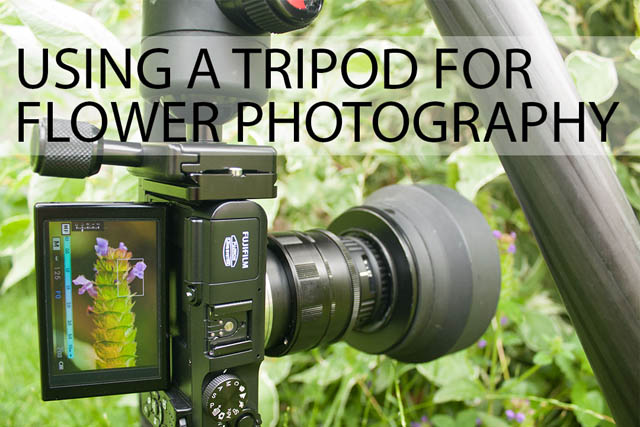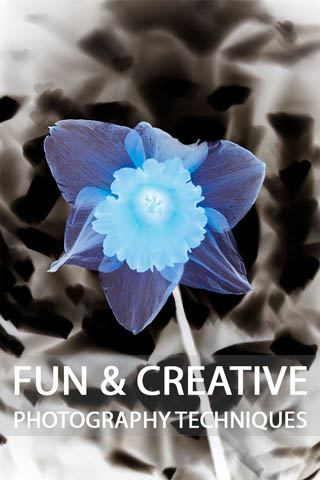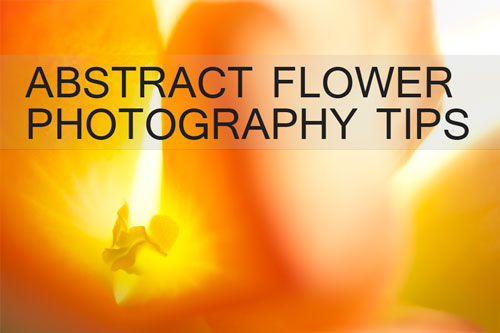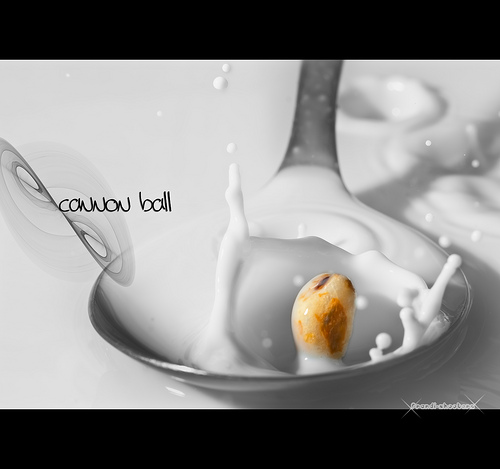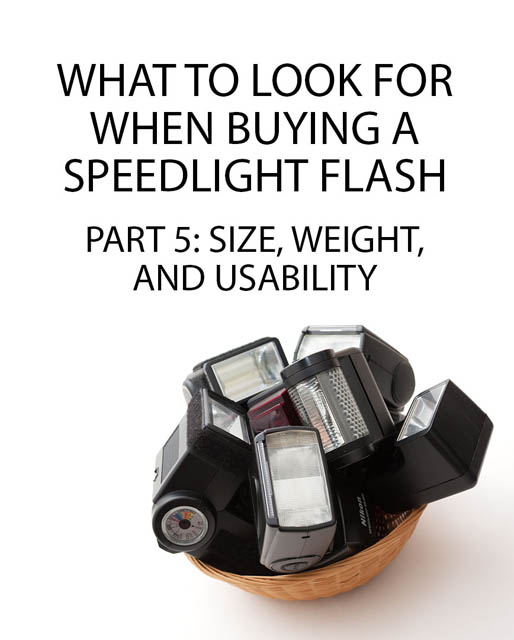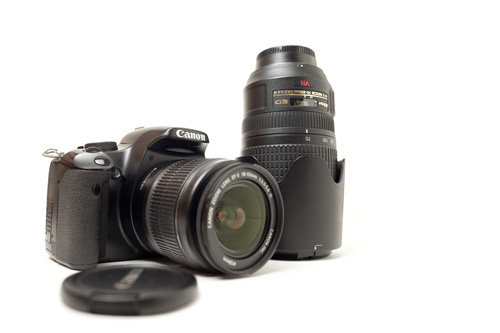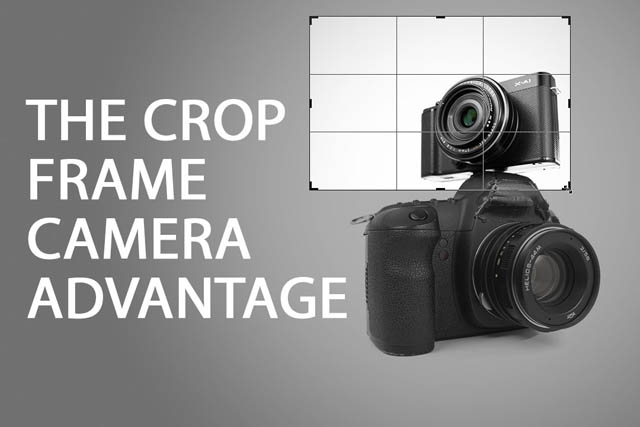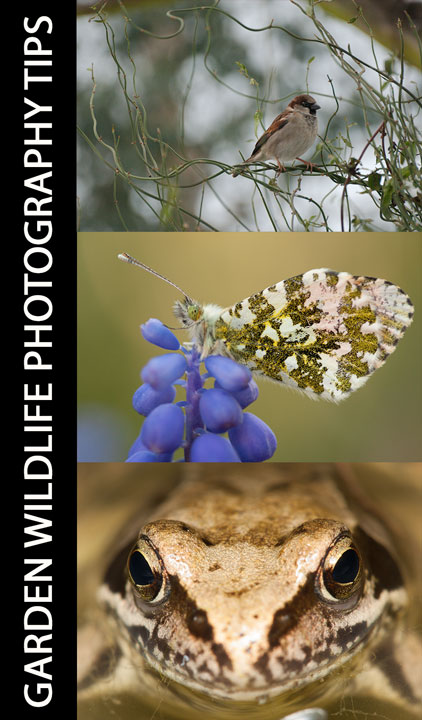Using Photo Challenges To Improve Your Photography
One of the best ways to improve your photography is through practice. But sometimes it can be difficult to motivate yourself without a specific subject to photograph in mind. This is where photography challenges can help.
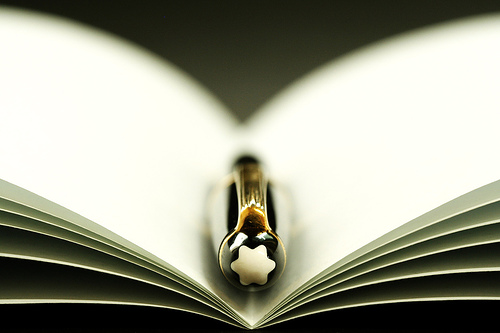
My Most Treasured Gift by -Gep- on flickr (licensed CC-BY-ND)
Photography challenges will provide a theme or idea, and then you must try and take the best photo you can that satisfies that theme. You upload your best photo to the challenge, along with many other photographers. There is nearly always a specified time limit to the challenge that you must take and submit the photo within.
When the challenge is completed, some challenge groups will have a voting process where members can vote for whichever photo they like best.
Read the rest of this entry »